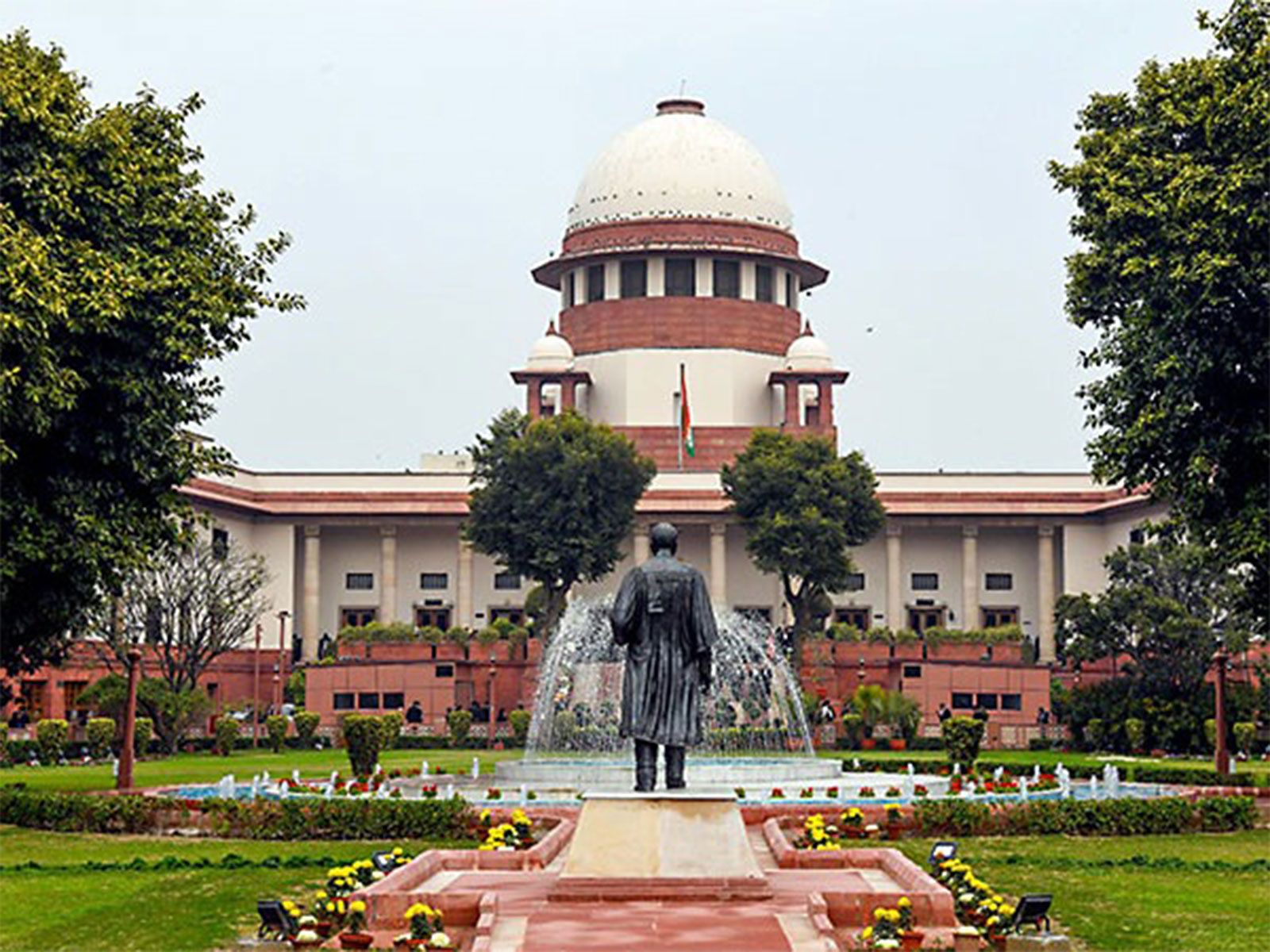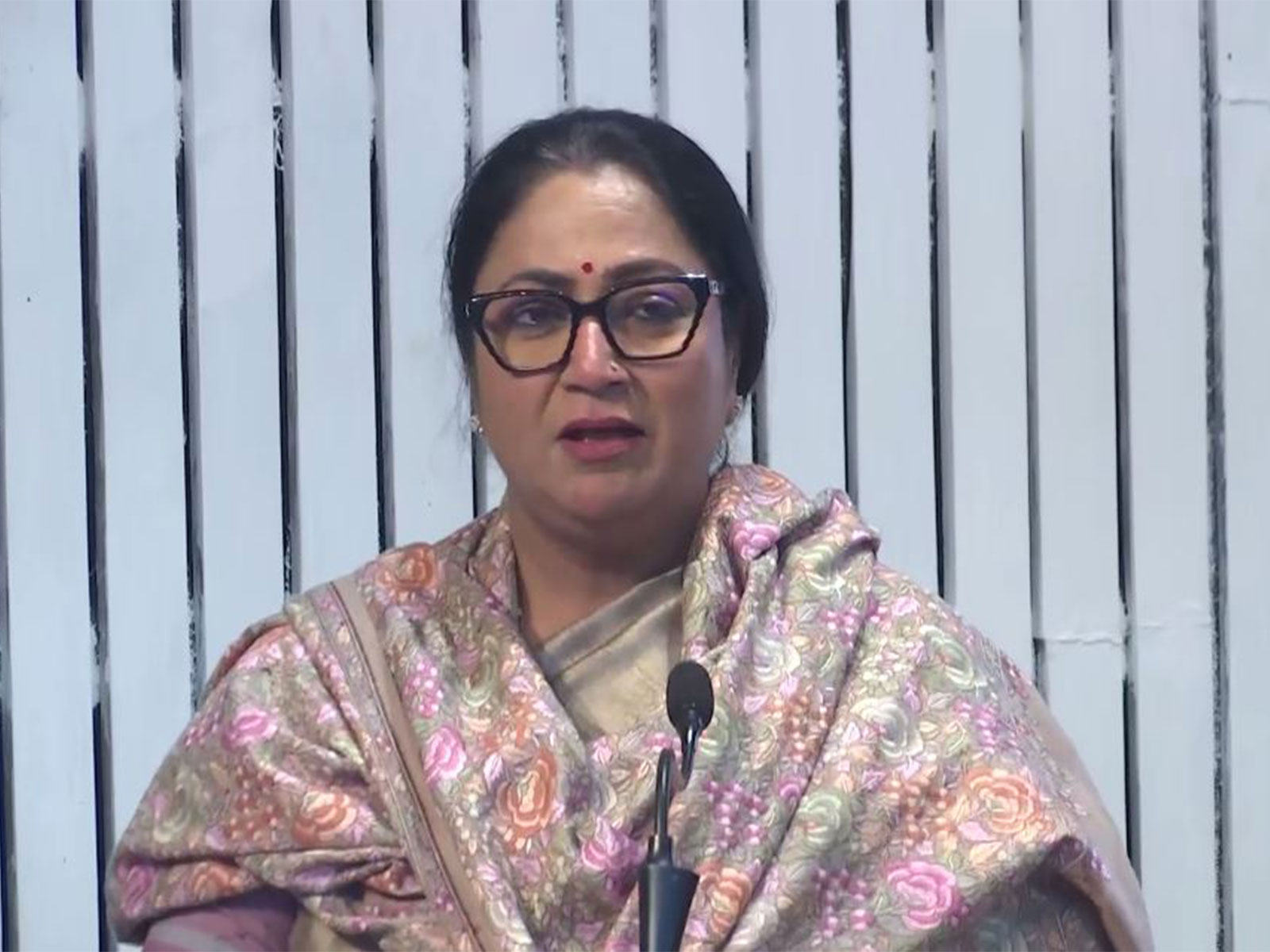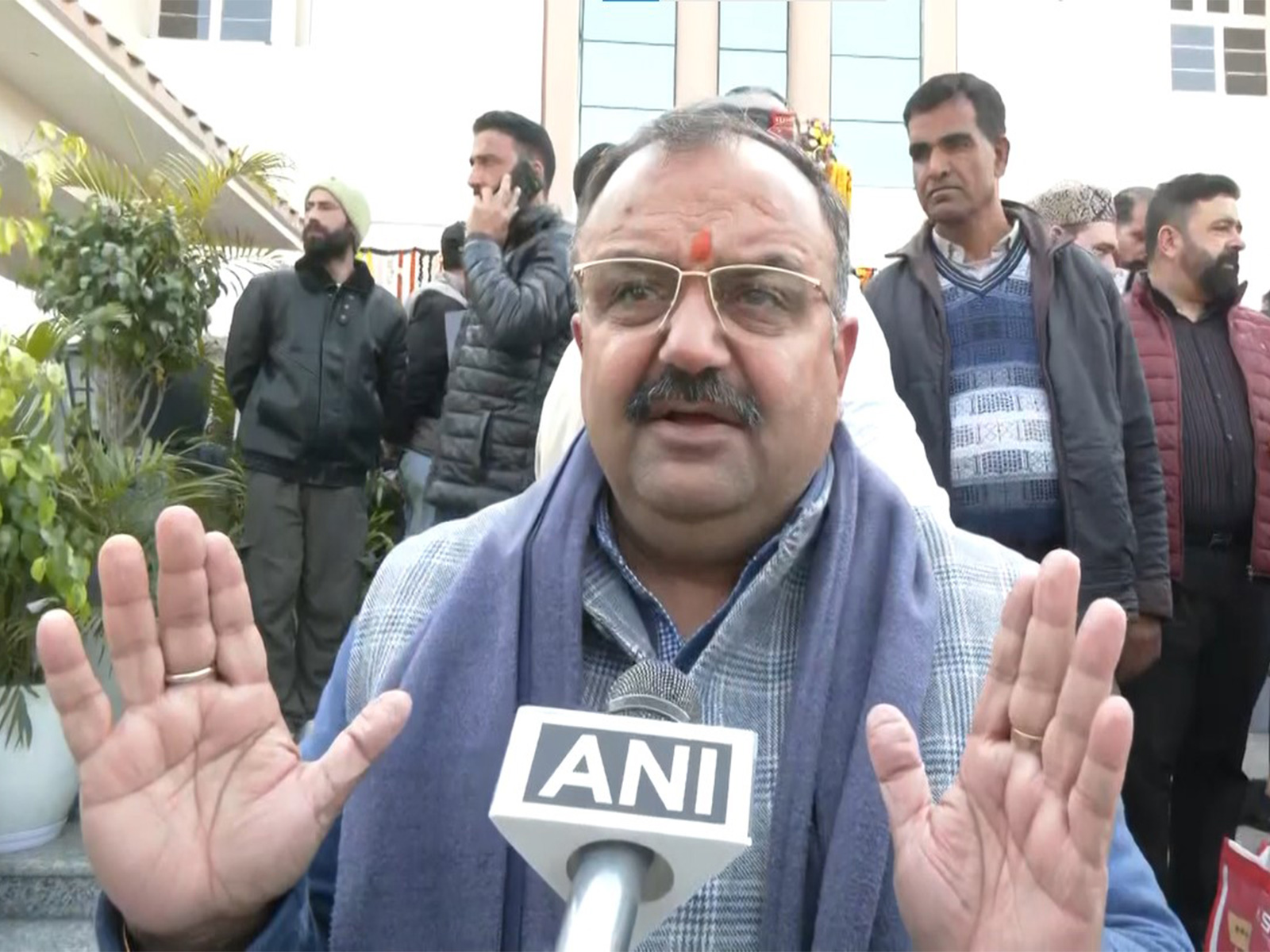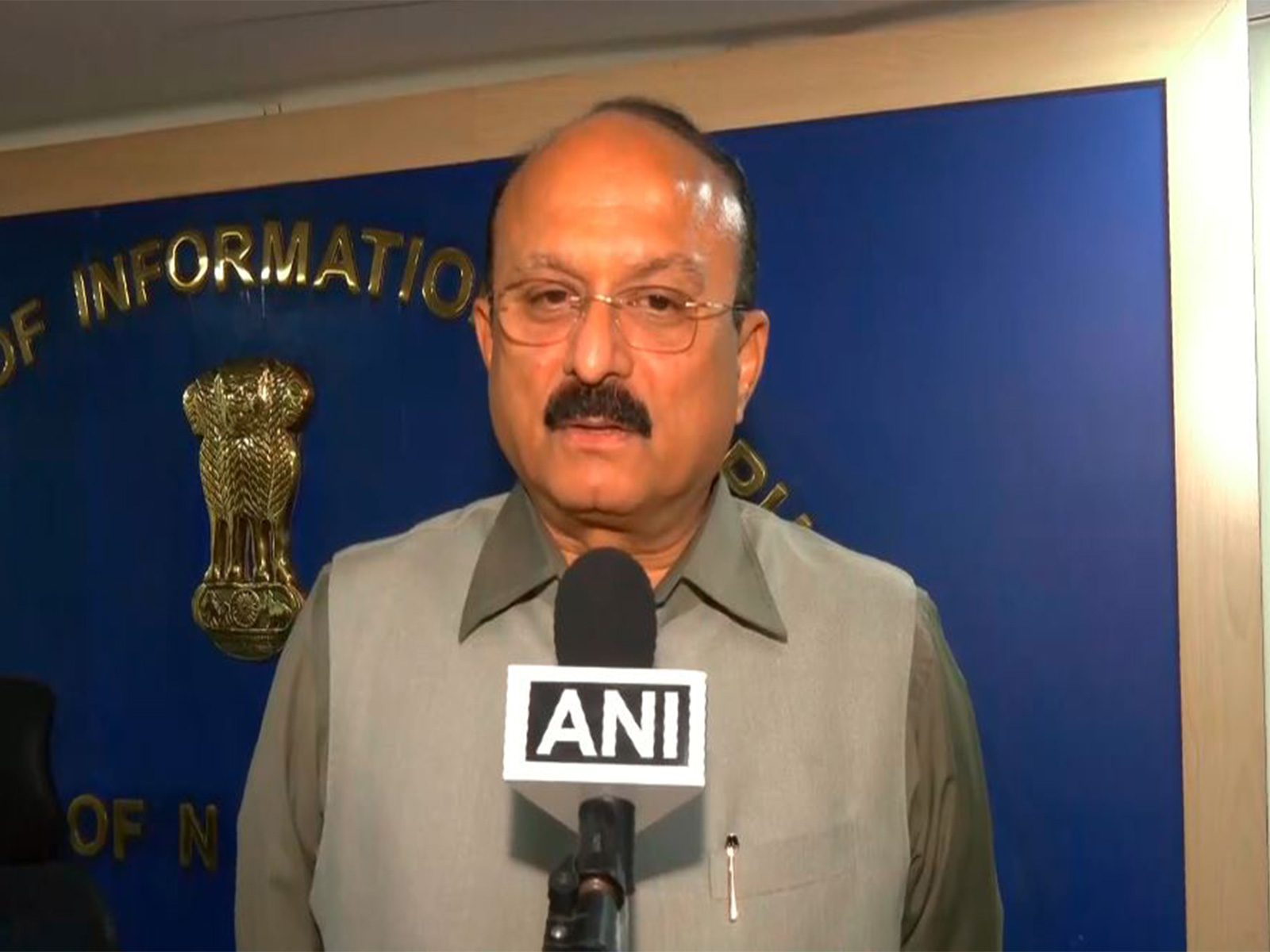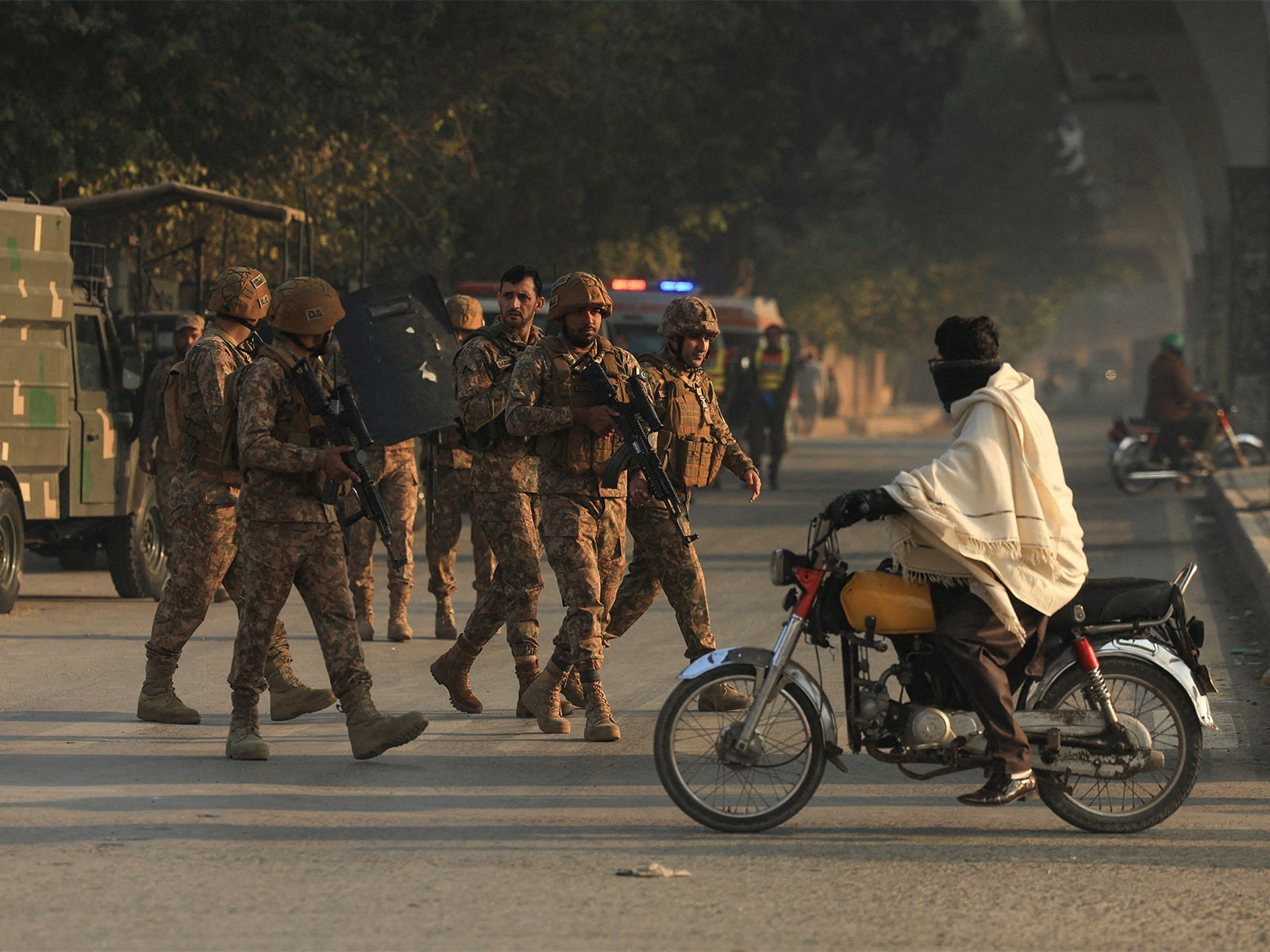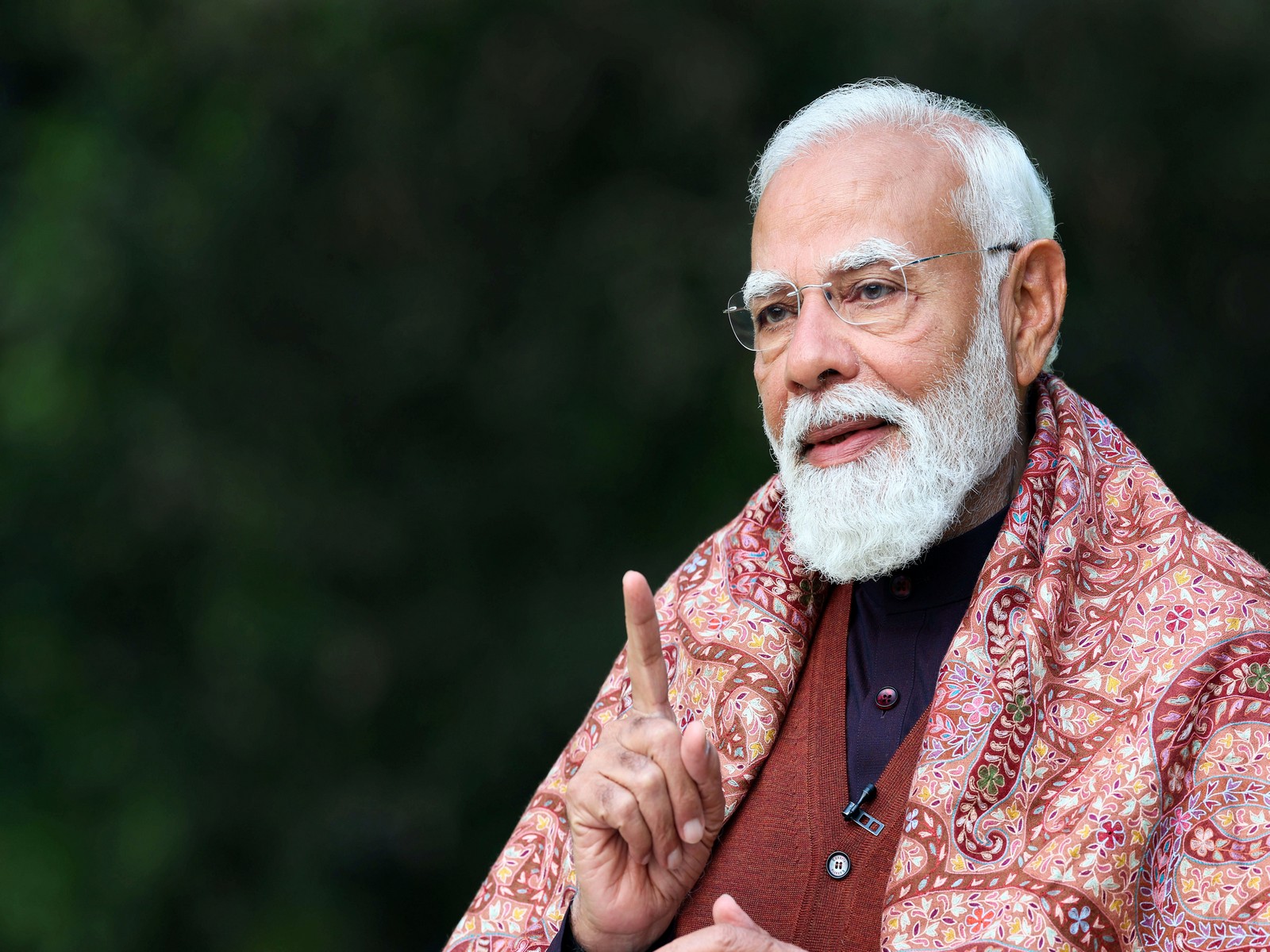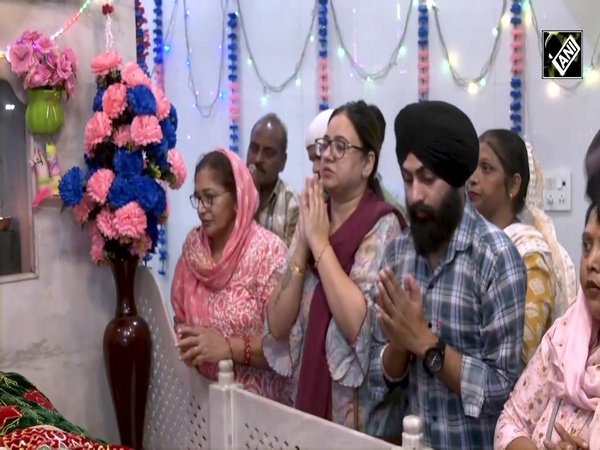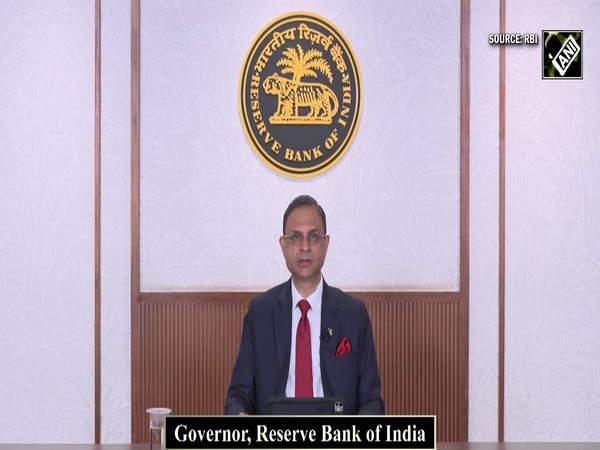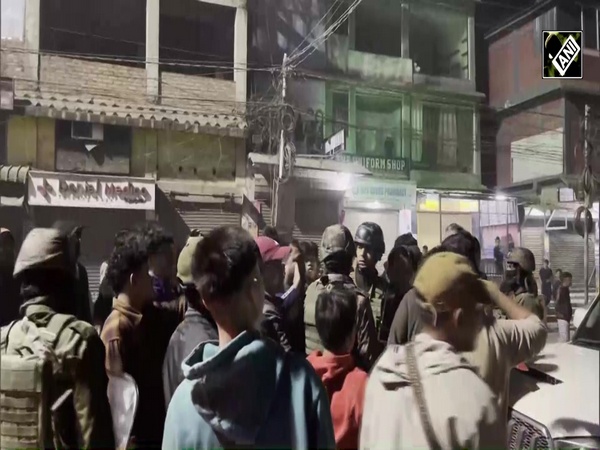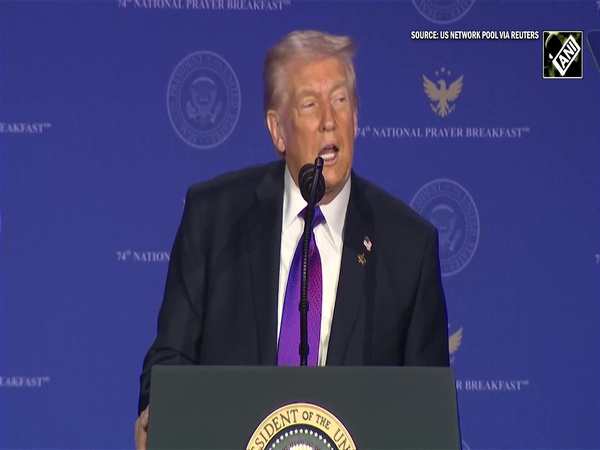Flexibility of mediation far wider than normal legal process, Judges should be tainted in it: Former SC Judge Kaul
Feb 12, 2024

Goa [India], February 12 : Former Supreme Court Judge Justice SK Kaul emphasized the broader flexibility of mediation compared to the traditional legal process, stating that judges should undergo training in mediation.
Delivering the keynote address during a roundtable event at the Bar Council of India Trust run India International University of Legal Education and Research (IIULER) at Goa Justice Kaul, who retired from the apex court in December last year as the first Puisne judge, said that judges must go through mediation training programmes.
He said, "Mediation is a better solution to the parties because parties are in charge of what the solution will be. Also, at times the legal system according to the laid down procedure fails to provide a party with a solution that he/she would have wanted as the party has no direct role to play in it. Another former Supreme Court Judge Justice A K Sikri, currently an International Judge, at Singapore International Commercial Court also participated in the roundtable."
Justice Kaul said that while initially, the lawyers in India were not in favour of making meditation a part of the legal system and even staged agitations against it now it is very heartening to see that the legal profession has accepted it and the BCI has even taken an initiative towards making it a part of legal studies. He was aware that different mediation groups have taken it to school levels to familiarize the nation with the concept of mediation. Ultimately, we start mediation with family itself. That's how it grows. It is a structured aspect of it.
Justice Kaul said mediation is not a substitute for the Insolvency and Bankruptcy Code (IBC) but a supplement and complement to it.
"The usefulness of mediation starts from the pre-insolvency stage itself in which financially distressed but viable business groups explore options for resolution, particularly in countries where no effective insolvency framework is in place," he added.
Terming the process of mediation a 'Democratic Process', the former SC Judge said, "Mediation in some way also structures the out-of-box solutions and it is a win-win situation in which two parties are able to carry their business in collaboration. There is an element in mediation, of separating the people from the problem. You tend to segregate that aspect of the matter and structure it in a way without any legal restriction that would otherwise arise. It also gets away from the paradigm of a loser and a winner. And the confidentiality of the process is also maintained. It also helps in maintaining the normal relationships required for working of a business negating the possibilities of sideways litigation."
He said, "The flexibility of mediation is far wider. It is a party-driven process and not a legally driven process from an outsider. Parties themselves can decide the procedure and how they would like to resolve it."
Justice Kaul also suggested taking advantage of the international norms in mediation as done during the drafting of the IBC in India. He recalled how the government initially was averse to creating a centralized mediation mechanism and was in favour of statute statute-specific one.
